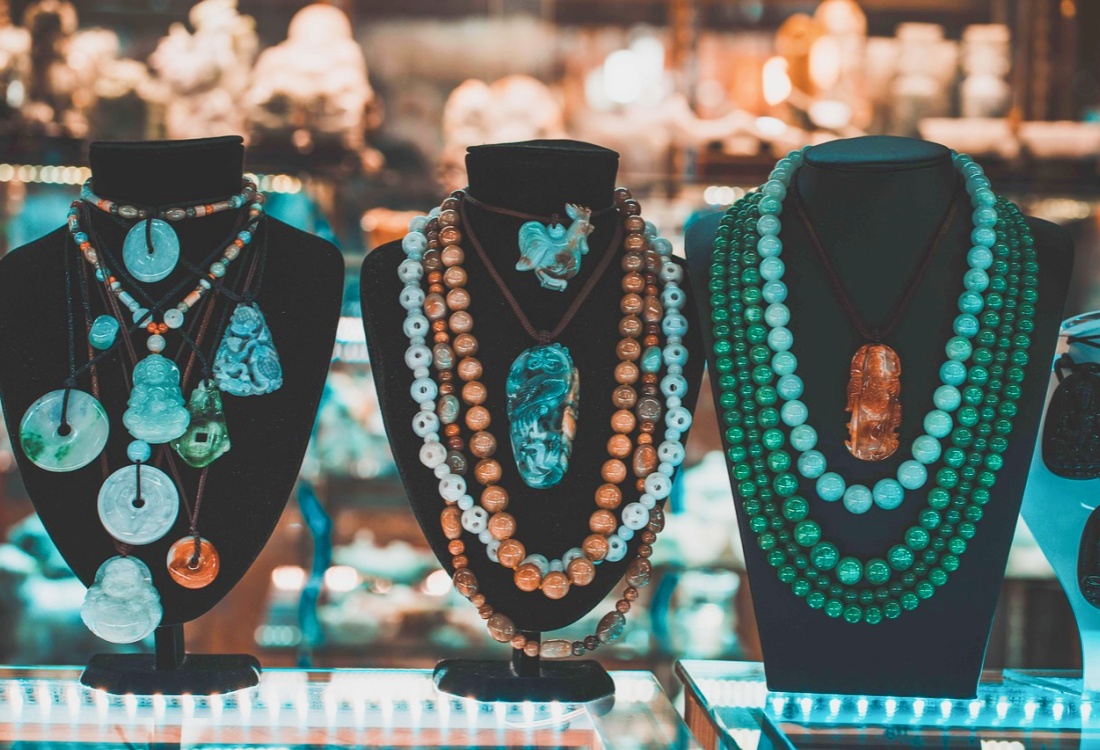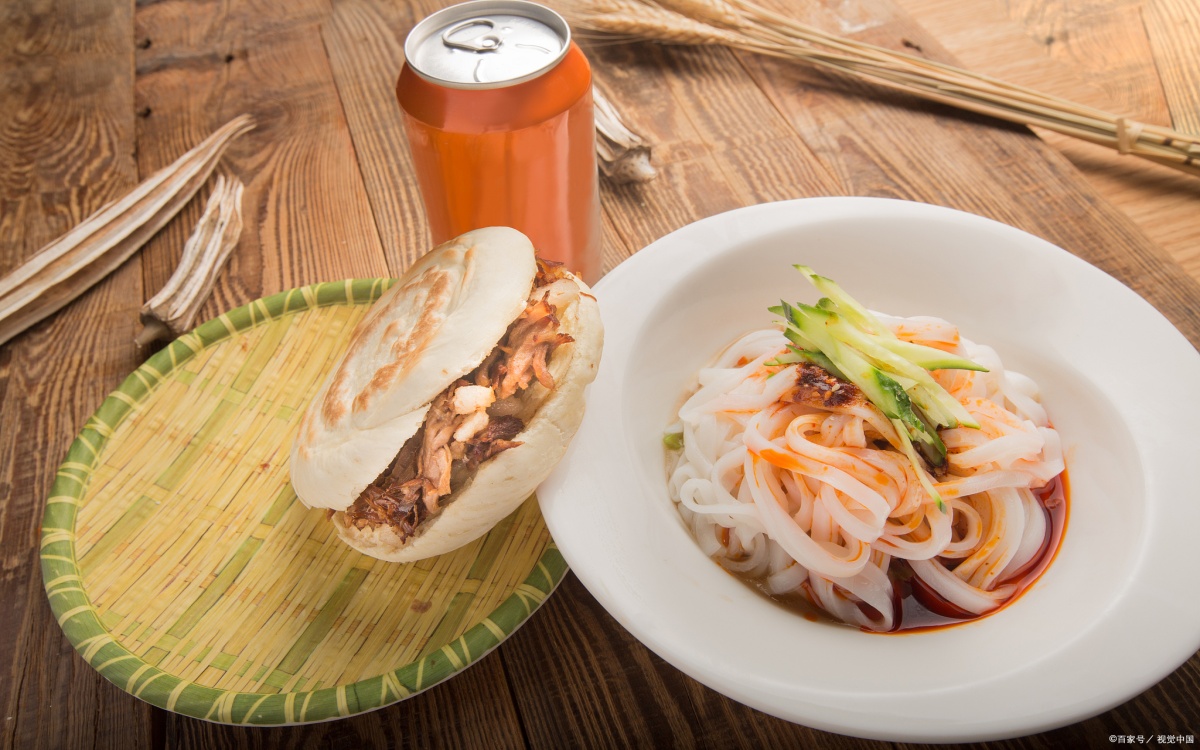Table of Contents
ToggleTraveling in China offers a wealth of cultural experiences, from ancient temples to modern cities. However, tourists need to be aware of certain scams that can tarnish their trip. One of the most common scams involves jade shops. Known for their beautiful and intricately crafted jade jewelry, China’s jade market can be a maze of deception if you’re not careful. Here’s how to recognize and avoid jade shop scams while traveling in China.
Common Jade Shop Scams
- Overpriced Goods
A common jade shop scam is overpricing. Tourists may be drawn in by a friendly salesperson or guide offering discounts. Once inside, the prices are often much higher than the jade’s actual value. The staff might claim the jade is rare or high-quality, even when it’s not.
- Fake Jade
Not all jade sold in China is real. Some shops sell fake jade made from plastic or dyed stones, pretending it’s authentic. The jade may look good at first, but a closer look will show it’s not real. Some sellers even offer fake certificates of authenticity.
- Bait-and-Switch Tactics
You might enter a shop wanting to buy jade jewelry at a fair price, only to be shown “premium” pieces that cost much more. These tactics are meant to pressure you into spending more, often by making the jade seem exclusive or urgent. The goal is to get you to buy an overpriced item, even if it’s not what you wanted.
- “Special” Deals
Another scam is the “special offer” for tourists. Sellers may offer a great deal with a “discounted price” that’s too good to be true. But when you go to buy, they may add hidden fees for shipping, packaging, or insurance. These extra costs can make the jade much more expensive than you thought.
- Pressure Tactics
Some jade shop vendors use high-pressure tactics to rush you into a quick decision. They may claim the jade is one-of-a-kind or that another customer is interested, creating urgency. The aim is to make you buy on impulse without thinking about the quality or price.
How to Avoid Jade Shop Scams
- Do Your Research
Before shopping for jade, take the time to learn about its types and qualities. Understanding how jade is graded can help you identify genuine pieces and avoid scams. Look for reputable jade shops with good reviews from previous customers.
- Shop at Reputable Stores
Try to buy jade from established shops, galleries, or markets known for their authenticity. Avoid shops that seem too eager to make a sale or that are located in high-traffic tourist areas. It’s also helpful to ask locals for recommendations on where to buy genuine jade.
- Ask for Certificates of Authenticity
If a jade shop claims to sell high-quality jade, ask for a certificate of authenticity. Be aware, though, that some certificates can be fake. It’s always safer to buy jade from well-known and trusted sources, where the quality is assured.
- Compare Prices
Don’t make a purchase right away. Take your time to compare prices at different shops. If a shop offers a deal that seems too good to be true, it probably is. Authentic jade should not be too cheap.
- Trust Your Instincts
If something doesn’t feel right—whether it’s the sales tactics or the quality of the jade—don’t hesitate to walk away. Trust your instincts and always shop with caution.




